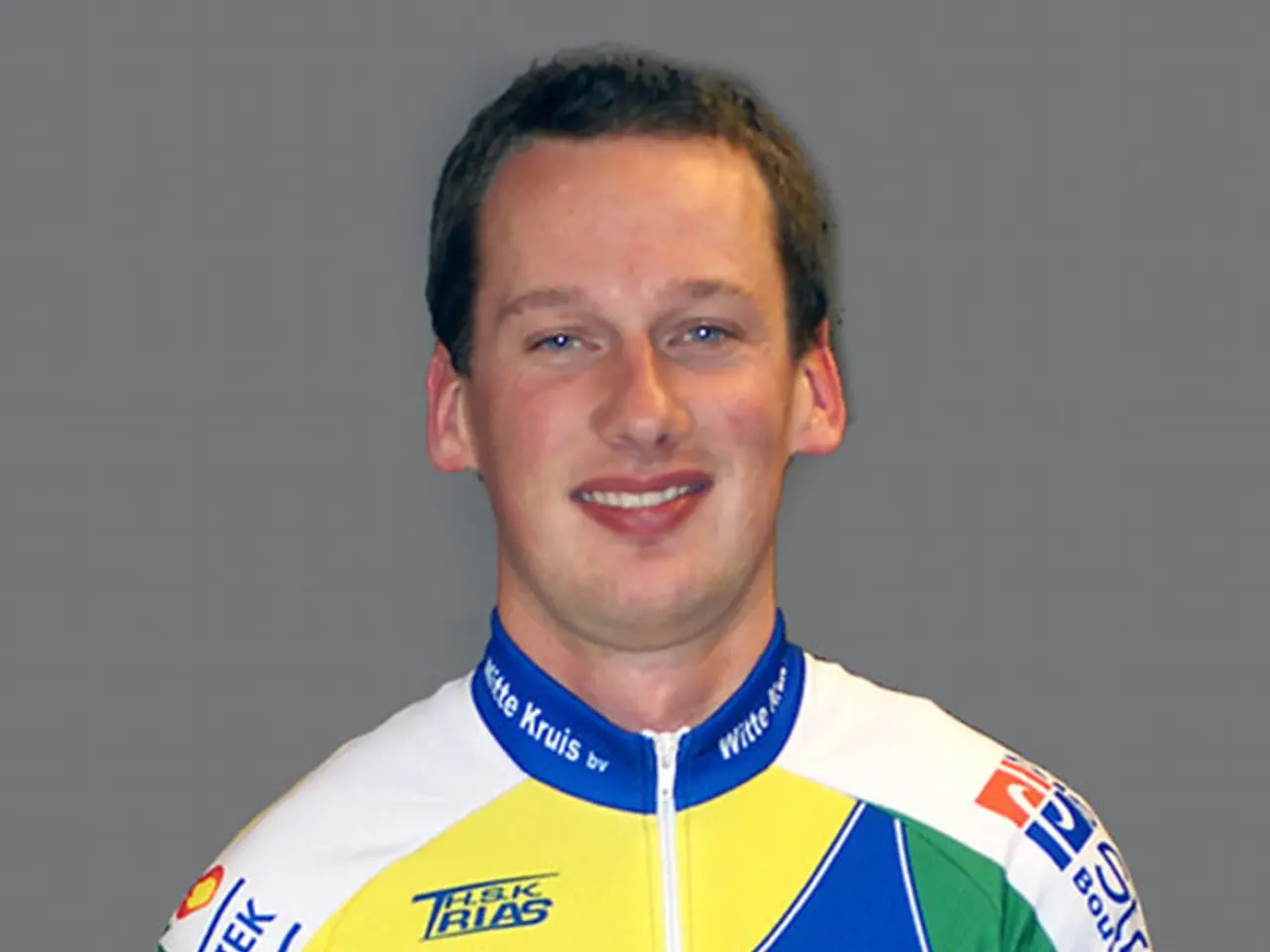Academics at Carnegie Mellon University Design a Course on Gambling Awareness
Carnegie Mellon University Introduces Sports Betting Awareness Course
In response to the rapid growth of the sports betting industry in the United States, Carnegie Mellon University has created an undergraduate course aimed at educating students about the risks and mechanics of sports betting. The course, a collaboration between statistician Ron Yurko and neuroscience professor Linda Moya, combines statistical principles with neuroscience insights to help students make informed decisions and avoid problem gambling.
The course will cover key concepts such as:
- The mathematics and statistical probabilities behind sports betting, with Yurko planning to use a mock sportsbook to demonstrate how betting operators maintain an advantage.
- Neuroscience aspects of gambling behavior, focusing on how brain functions influence decision-making and how addictive behaviors develop. Moya will teach students to recognize the signs of addiction and understand its dangers.
- Broader concepts in statistics and behavioral science related to gambling and decision-making.
The purpose of the course is to help students understand how betting platforms work, the cognitive mechanisms behind gambling decisions, and to increase awareness about the risks associated with sports betting in the current rapid-growth US market environment.
The course has already filled all 35 seats and has a waitlist, demonstrating the significant interest it has generated. It is scheduled to begin next spring.
It's worth noting that the growth of sports betting has been significant since the repeal of the PASPA in 2018, and Pennsylvania, in particular, has both retail and online sports betting. However, this growth has also led to a spike in harmed players, especially among more vulnerable groups.
The course creators hope to inspire students to approach the sports betting industry with caution and make informed decisions. They stress the importance of understanding the low chances of winning in sports betting, especially in the long term, and the potential dangers of addiction.
Some campus students have been wagering in the classroom, according to Yurko, highlighting the need for education and awareness in this area. The course is a step towards addressing this issue and equipping students with the knowledge they need to navigate the sports betting landscape responsibly.
[1] Carnegie Mellon University press release, "Carnegie Mellon University Announces Sports Betting Awareness Course." [2] Interview with Ron Yurko and Linda Moya, Carnegie Mellon University, 2025.
- The sports betting industry's expansion in the United States has led Carnegie Mellon University to introduce an undergraduate course focused on the risks and mechanics of sports betting, as well as personal growth and education-and-self-development aspects, serving to help students make informed decisions and avoid problem gambling in the casino-and-gambling sector.
- In this course, students will learn key concepts such as the mathematics and statistics behind sports betting, the neuroscience aspects of gambling behavior, and broader concepts in statistics and behavioral science related to gambling and decision-making, preparing them to understand betting platforms, the cognitive mechanisms behind gambling decisions, and the risks associated with sports betting in the current market environment.
- The sports betting awareness course taught at Carnegie Mellon University aims to inspire students to approach the industry with caution, emphasizing the understanding of the low chances of winning in sports betting in the long term and the potential dangers of addiction, just as the school aims to address issues of unregulated wagering occurring within its own classrooms.




